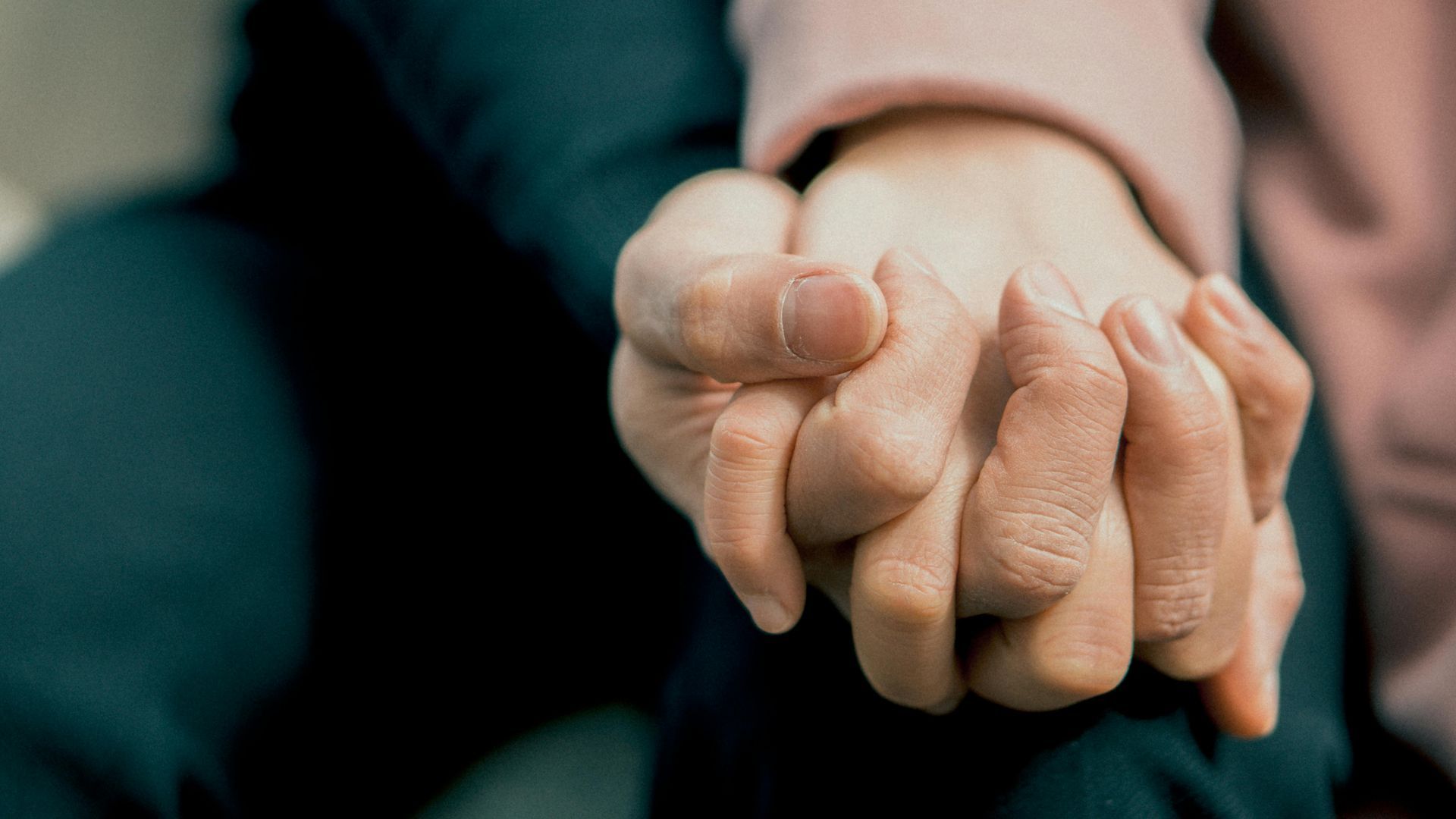Dealing with the Depression That Often Follows a TBI
Dealing with the Depression That Often Follows a TBI
What Brings About Depression?
There are many reasons why a person might become depressed. Following a brain injury, the reasons are only compounded. The primary reasons a person becomes depressed is that they are unable to adjust to either a temporary or permanent disability that they have suffered. A TBI obviously fits into this definition. Because of the sudden change in role in the family, depression can come in fast and hard. Fathers who are used to providing for their family, for example, can begin to experience tremendous frustration over suddenly not being able to provide adequately for their daily needs.
Depression can also manifest itself because of a specific injury to the brain. The part of the brain that controls emotions may become damaged, leading to a person being unable to control their feeling of sadness, frustration, and despair. The biochemical and physical changes that occur as a result of a TBI often lead to depression ranging from mild to severe. Again, this may not appear for many weeks or even months after the injury, meaning that you need to be on the lookout for the feelings that result.
How Can a Person with a TBI Overcome Depression?
Depending on the severity of the depression, there are various ways that a person can mitigate the effects of this illness. Keep in mind that a person with severe depression or who is contemplating suicide should consult with a mental health professional right away. Here are a few tips that will help both caregivers and individuals suffering from depression.
• Certain medications do work – Specifically, there are anti-depressant medications that have shown great promise in helping individuals with TBI overcome depression. These medications should only be prescribed by a mental health professional, so keep that in mind.
• Get your exercise – Keeping the body in shape does wonders for the mind as well. It has been shown that regular exercise can help reduce incidences of depression.
• It is not a weakness – It is important to remember that being depressed does not mean you are weak. This is an illness. You cannot control its onset, so do not beat yourself up over feeling depressed. It is simply time to work hard to do something about it.
• Don’t be afraid to get treatment – Sometimes, the best way to deal with depression is to get professional help. Do not be afraid to do so. It is the best way to minimize the suffering that you are feeling.
If you are caring for someone who has suffered a TBI, it is important to keep an eye out for signs of depression. Remember to always look for ways to help the individual without smothering them. Being available is what they need during this time, so just be ready to help out however and whenever you are called upon.
The post Dealing with the Depression That Often Follows a TBI appeared first on Flourish Supportive Living Assisted Living for Brain Injury.













